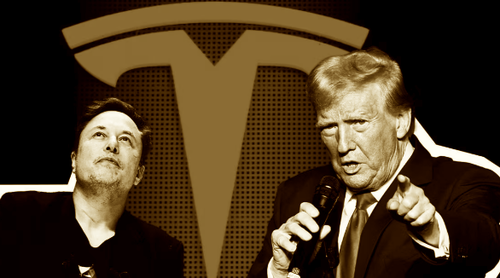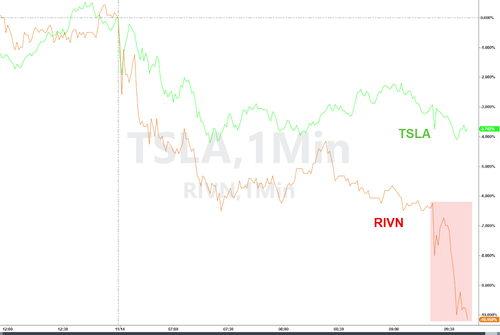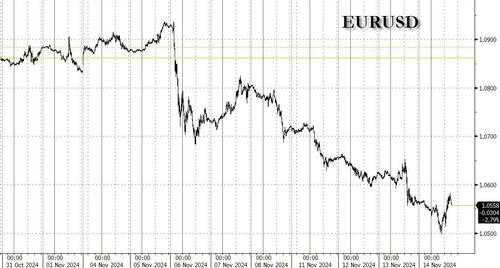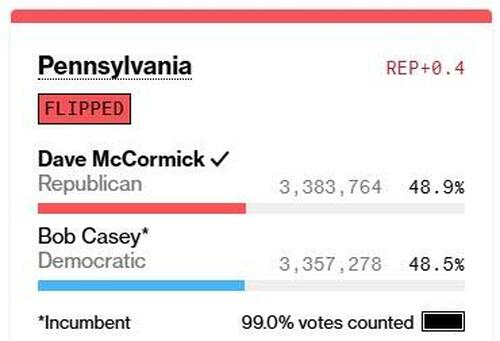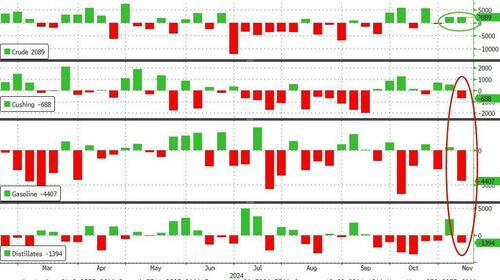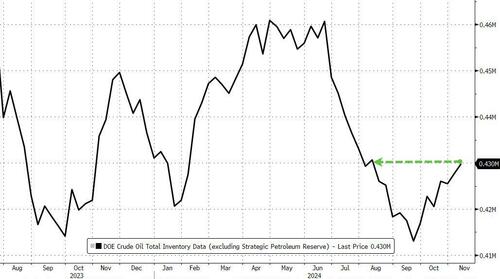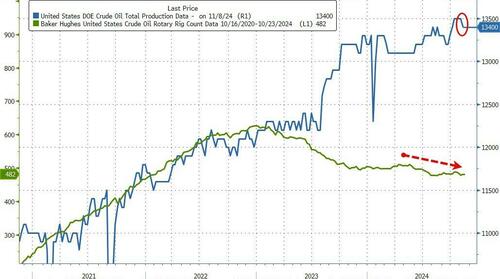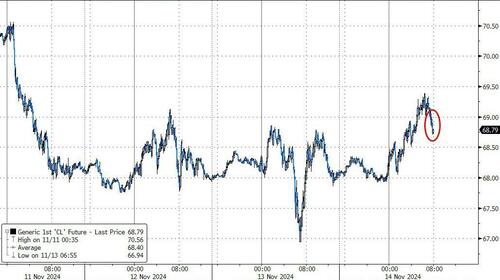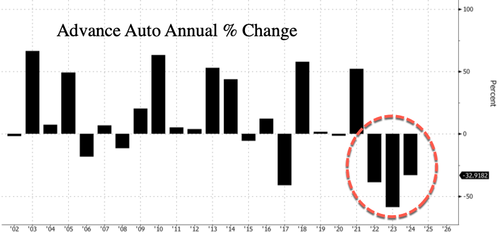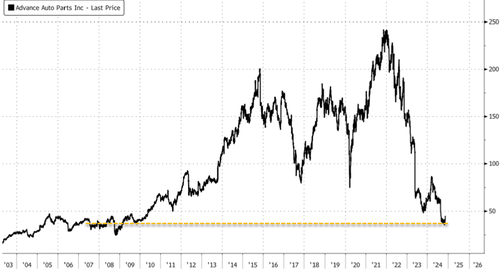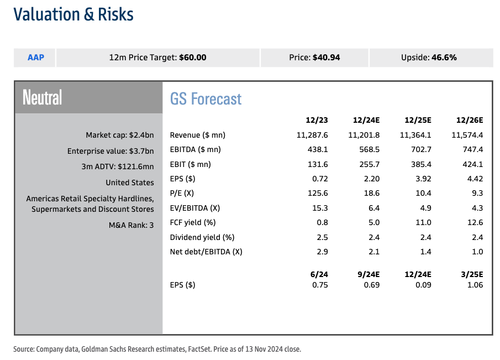Israel & US Ramp Up Airstrikes On Syria As ‘Counter Iran’ War Expands
Israeli attacks on Syria have become daily, and now the United States is ramping up its own attacks in the northeast of the country as well.
On Thursday Israeli warplanes launched attacks on two residential buildings in the Damascus suburbs – one in Mazzeh and the other in Qudsaya, which lies west of the capital. Regional reports said that many people were killed, and Syrian state SANA posted photos of bombed-out apartments.
Israeli Army Radio in a rare acknowledgement appeared to confirm the Israeli attack while claiming the fresh attacks targeted the Syrian headquarters the Palestinian Islamic Jihad (PIJ) group, which is fighting alongside Hamas in Gaza, and has held Israeli citizens captive since Oct.7, 2023.
Al Jazeera reports on the rising death toll as emergency crews comb through the rubble:
At least 15 people have been killed and 16 injured in Israeli attacks on suburbs of the Syrian capital, according to a Syrian military source cited by the SANA news agency.
We have reported earlier that one building was hit in the suburb of Mazzeh and the other in Qudssaya, west of Damascus.
Israel had launched multiple airstrikes on Syria last week as well, and in the past weeks has even struck coastal targets near Tartus and Latakia – an area where Russian military forces are present.
Israel’s air war against Syria is nothing new, but more rare these days are US air raids on Syria. This week has already seen at least two separate actions by CENTCOM forces which are supporting Kurds in the Deir Ezzor region:
US Central Command announced that its forces launched strikes in Syria for a second day on Tuesday against “Iranian-aligned” targets, referring to Shia militias that operate in the country.
CENTCOM said in a press release that its forces “conducted strikes against an Iranian-backed militia group’s weapons storage and logistics headquarters facility.” It said the strikes came after a “rocket attack on US personnel at Patrol Base Shaddadi,” referring to a US occupation base in eastern Syria.
One war monitor said that at least five members of the Iran-aligned militia were killed in the US airstrikes. These locations which come under US attack often include Syrian national militias, or even Syrian Army personnel.
Four other militants were killed the day prior, Monday, when CENTCOM said it hit “nine targets in two locations associated with Iranian groups in Syria.”
The week kicked off with regional reports of explosions at US bases, likely the result of missiles or mortars being used to attack US troops. Such attacks by militias in the area have been somewhat a regular occurrence, but these instances don’t always make headlines in the West.
⚡️Scenes from Damascus now pic.twitter.com/GhQOsaz4SB
— War Monitor (@WarMonitors) November 14, 2024
All of this is part of the broader proxy war between the pro-Iran ‘resistance axis’ and the US-Israel-Gulf powers. Currently there are still some 1,000 or more US troops occupying eastern Syria. Trump during his first term said he wanted to bring the troops home, and it’s unclear if this will remain a priority during his second administration.
The longer the Pentagon stays, that more that US troops are put in harm’s way – for little strategic purpose other than ‘securing the oil’ – as Trump has said before. But the Syrian Kurds could soon make their own peace deal with Damascus, making it easier to force out the American presence. Turkey has also long wanted to see the US go.
Tyler Durden
Thu, 11/14/2024 – 15:25
via ZeroHedge News https://ift.tt/OrSmtCM Tyler Durden


